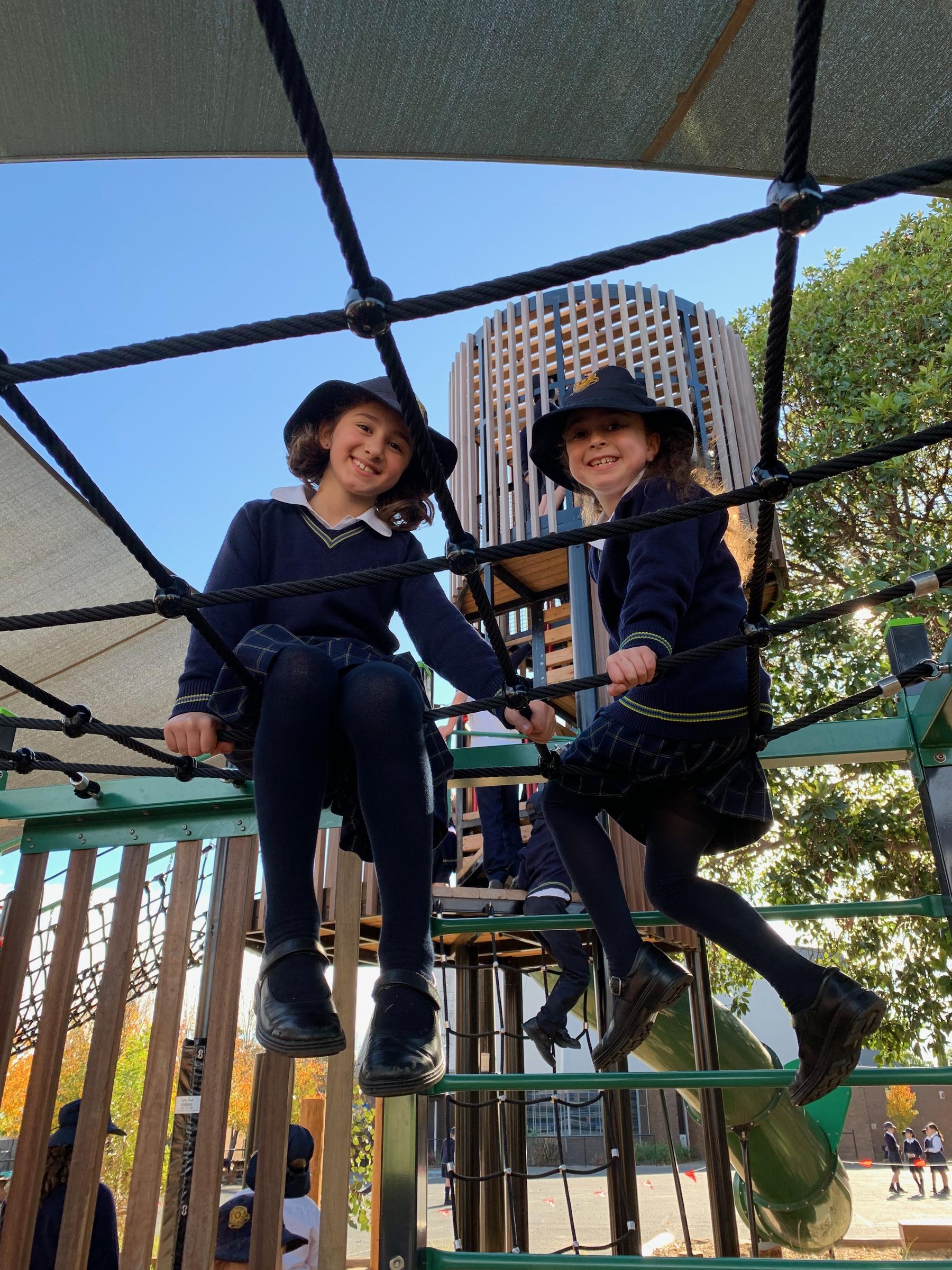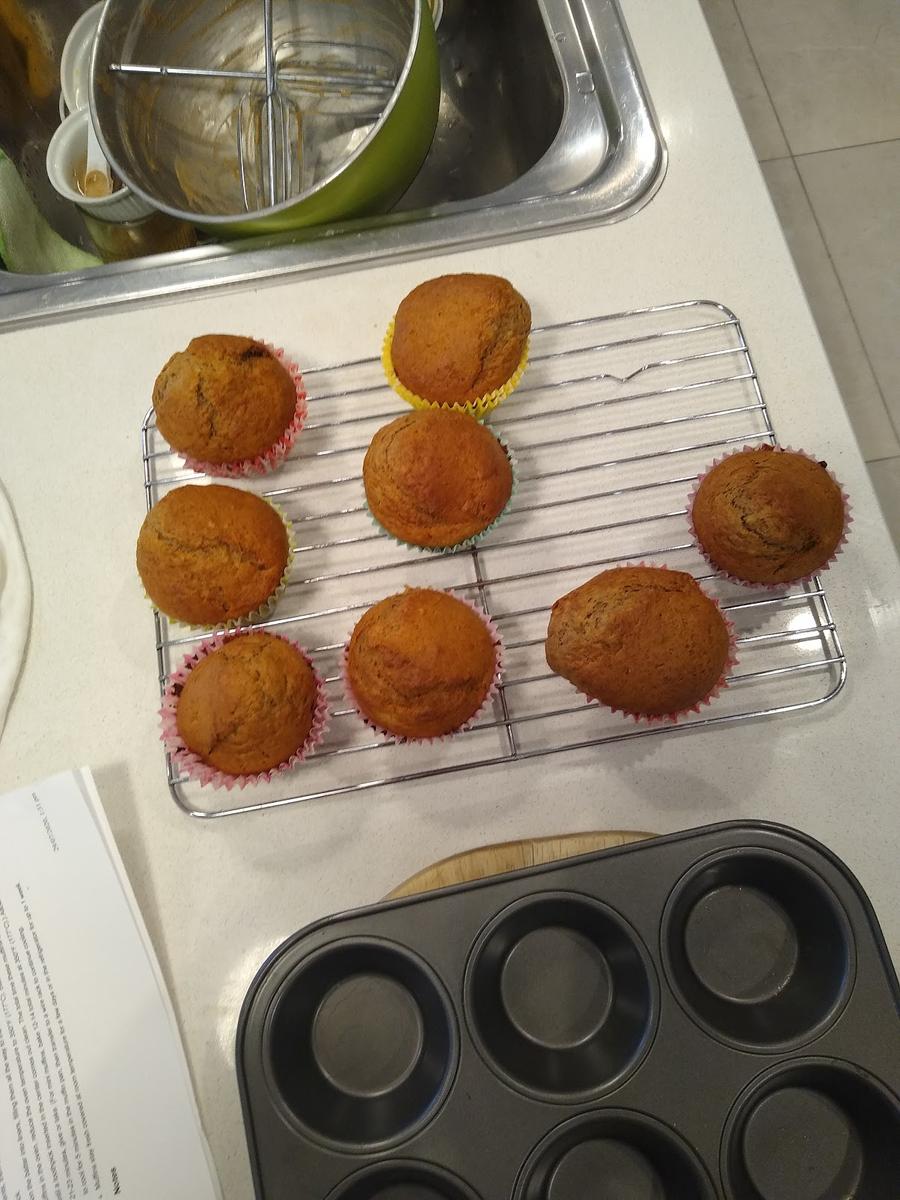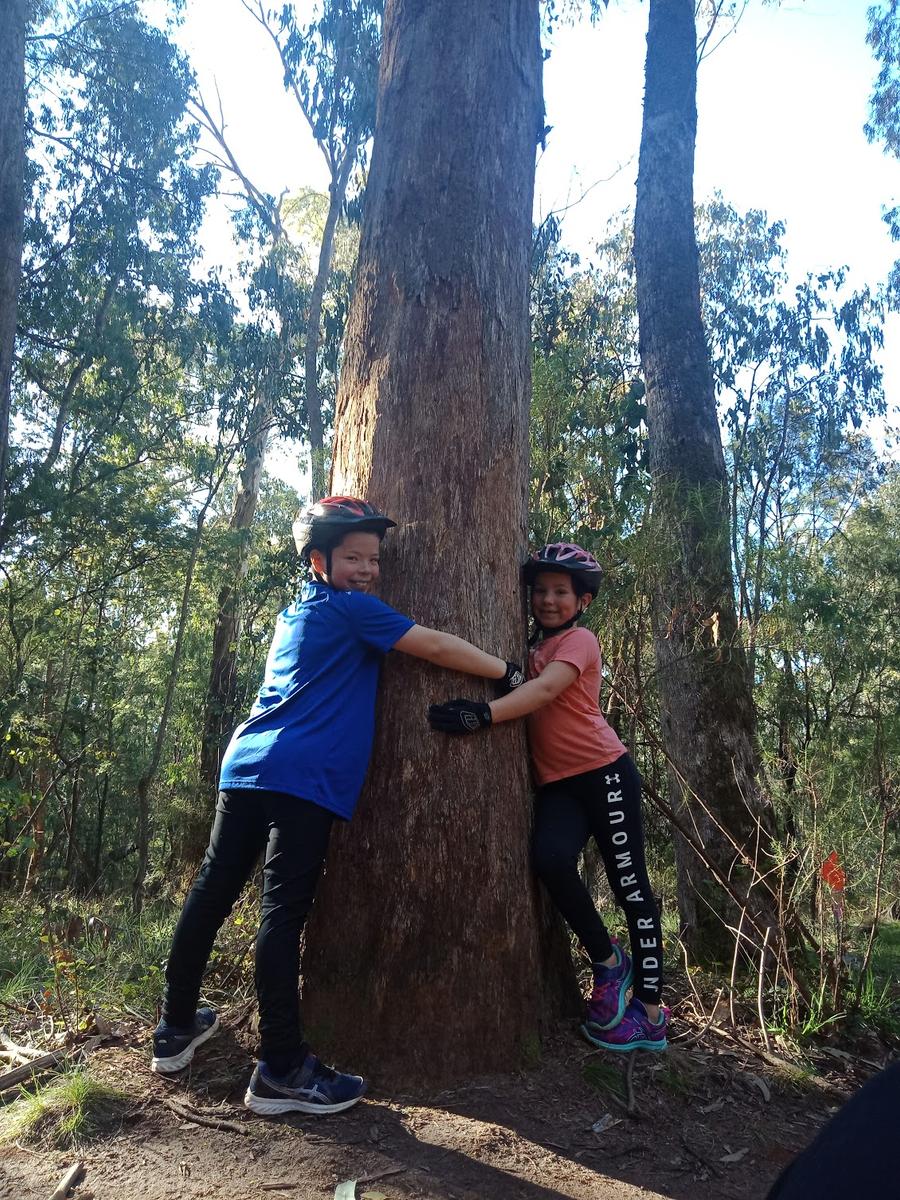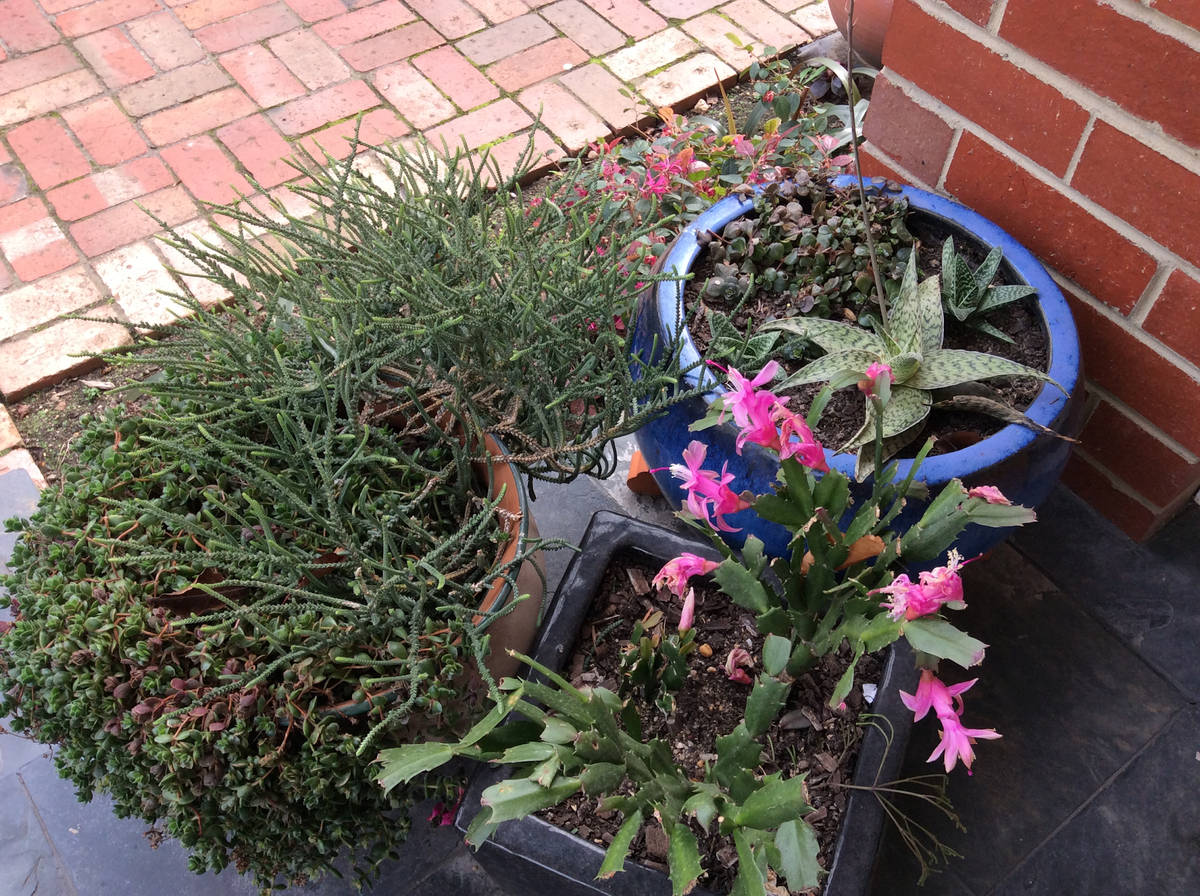Student Wellbeing

SRE-eenland
A reminder to parents and students that we have a SRE-eenland Page on Google Classroom. We are excited to have 99 students who are posting on SCR-eenland and we are all having such fun finding out what you are all doing.
Here is a little snippet ........
Keeping posting everyone!!!!
Home Supported Learning
Dear parents and carers,
The following advice was sent to schools recently from the Catholic Education Office to share with our school community.
For many of you, this will be 'preaching to the converted' but it is a timely reminder of how we can support our children during Home Online Learning.
Support, don't replace, what teachers do
Teachers are degree trained professionals, often with many years of classroom experience. You cannot replace them or do their job, and that isn't expected of you. Schools and centres are preparing and delivering their model of educator led, home-supported learning. You are the critical, home-based person who can help with that learning but follow their lead. There are very important things you can do to set your children up for success.
Set up for success
You will make a big difference for your child's learning if you:
- Create an orderly environment for learning, for example, by limiting distractions
- Help to set and reinforce routines and timetables
- Support children to be ready for learning, including ensuring they have the materials that they need
- Engage in meaningful conversations about learning
- Communicate with your child's teacher if they need additional support
Creating confident learners
Build a positive attitude to learning. It begins with children feeling loved, safe and supported. It incorporates a ‘growth mindset’; which emphasises that people aren’t born with a fixed amount of intelligence. Instead they can always take their abilities to the next level with perseverance and thoughtfulness. It also helps children see mistakes as a guide for what needs to be learnt next. Parents can model a growth mindset by speaking aloud about their own mindsets (Something didn't go right for me today, so I'll need to try a different way of doing it tomorrow). This might be particularly relevant when exploring subjects such as Maths, where anxiety can be high, and where encouraging persistence might be valuable.
In short, it swaps ‘I can’t’ with ‘I can’t YET’.
Thinking about thinking
Helps your child to understand how they learn best. It includes strategies for solving problems and for coming up with new ideas. It involves knowing how to track progress, reflecting on what is going well and what could be done differently. Being aware of your thinking is a great way to learn more productively.
You can support you children to think about their thinking by:
- helping them to manage time
- helping them to set goals
- helping them to organise their learning space
- prompting them to ask questions about their learning (what would you change next time? are you moving towards your goal?)
In short: “It’s like being a driving instructor for your own brain.”
Practice makes perfect
Reminds us the learning brain works like a muscle; it only grows with practice. We need lots of effort to grasp new concepts and skills, and we can easily forget them without reinforcement. But once they’re automatic, they can be effortlessly drawn on when going into the next level of challenge.
In short, ‘mastering the basics so you can enjoy the fun of learning more’.
Meaningful conversations
Shows how good dialogue in the home strengthens what is being taught by the educator. It starts with just talking, and building language and reasoning skills through expressing ourselves. It develops into effective ways to give feedback– not just praising talent or effort (good job!) but recognising specific achievements and suggesting what to do next to improve (I was pleased that you re-read that sentence from the beginning. That is a good thing to do whenever you get stuck'). And later it creates the space for respectful discussions on the more challenging topics through adolescence.
In short; ‘Thanks, I’ve learned something new today. Have you thought about …?’





